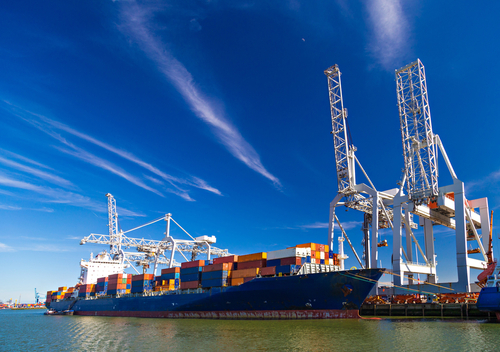
Do you work in a maritime industry such as shipbuilding, longshoring, or harbor work? If so, you must know the Longshore and Harbor Workers’ Compensation Act (LHWCA). This statute offers crucial protections and benefits for employees injured on the job. Examining what the LHWCA is, who it protects, and how it functions will benefit you.
What is the LHWCA?
This Act provides workers’ compensation benefits to employees injured while working in maritime industries. Since its initial passage in 1927, it has undergone several revisions. The most recent was in 1984.
Who does the LHWCA cover?
The LHWCA covers a wide range of workers employed in maritime industries. This includes longshore workers, harbor workers, ship repairers, and shipbuilders. It may also protect employees working in other occupations necessary for a maritime business.
How does the LHWCA work?
Under the statute, injured workers are eligible for medical treatment and compensation for lost wages. The worker’s average weekly pay and the severity of their injuries determine the amount of compensation.
The LHWCA also compensates for permanent disabilities and provides death benefits for surviving family members. Workers who disclose their accident or illness to their employer within 30 days are eligible for benefits under the LHWCA. Within a year of the incident, they must submit a claim to the Department of Labor.
Benefits of the LHWCA
One of the key benefits of the act is that it provides injured workers with a no-fault system for receiving compensation. Employees do not have to prove their employer was at fault for their illness or injury to qualify for benefits.
The LHWCA also offers various benefits to injured workers, such as medical care, reimbursement for missed income, and disability payments. These benefits can support wounded workers and their families while they recover from injuries.
Challenges with the LHWCA
While the act provides essential protections for workers in maritime industries, it can be a complex and challenging system to navigate. The procedure for submitting a claim and collecting benefits is one of the most challenging obstacles workers must overcome.
Injured workers have a year from the date if their injury to submit a claim to the Department of Labor. Loss of benefits may occur if they miss specific deadlines.
Navigating the process of figuring out how much compensation a worker should get might be another difficulty. This can be a challenging process that calls for in-depth knowledge about several issues. These include the worker’s average weekly salary, the severity of their ailment, and other elements.
Conclusion
The LHWCA provides essential protections for workers in maritime industries. Workers can get the benefits they deserve by familiarizing themselves with the LHWCA’s fundamentals. It can be challenging to submit a claim and receive benefits, but injured workers can work through the system with the right direction and assistance. This will help them secure the money they need to support their families.
For more on the Longshore and Harbor Workers’ Compensation Act, visit Daniel Weltin Law Offices at our office in San Leandro, California. Call (510) 319-1904 to book an appointment today.










